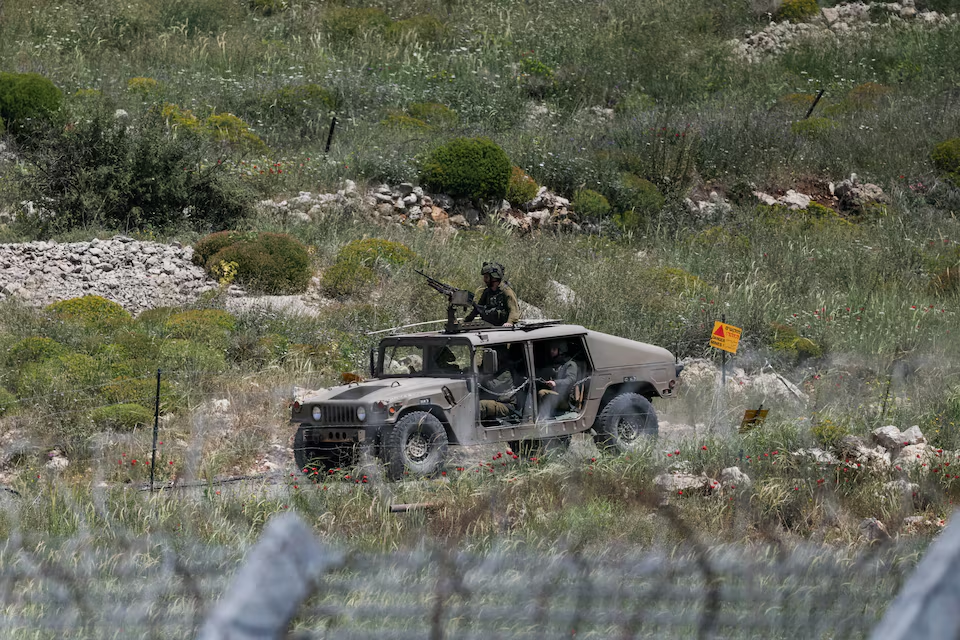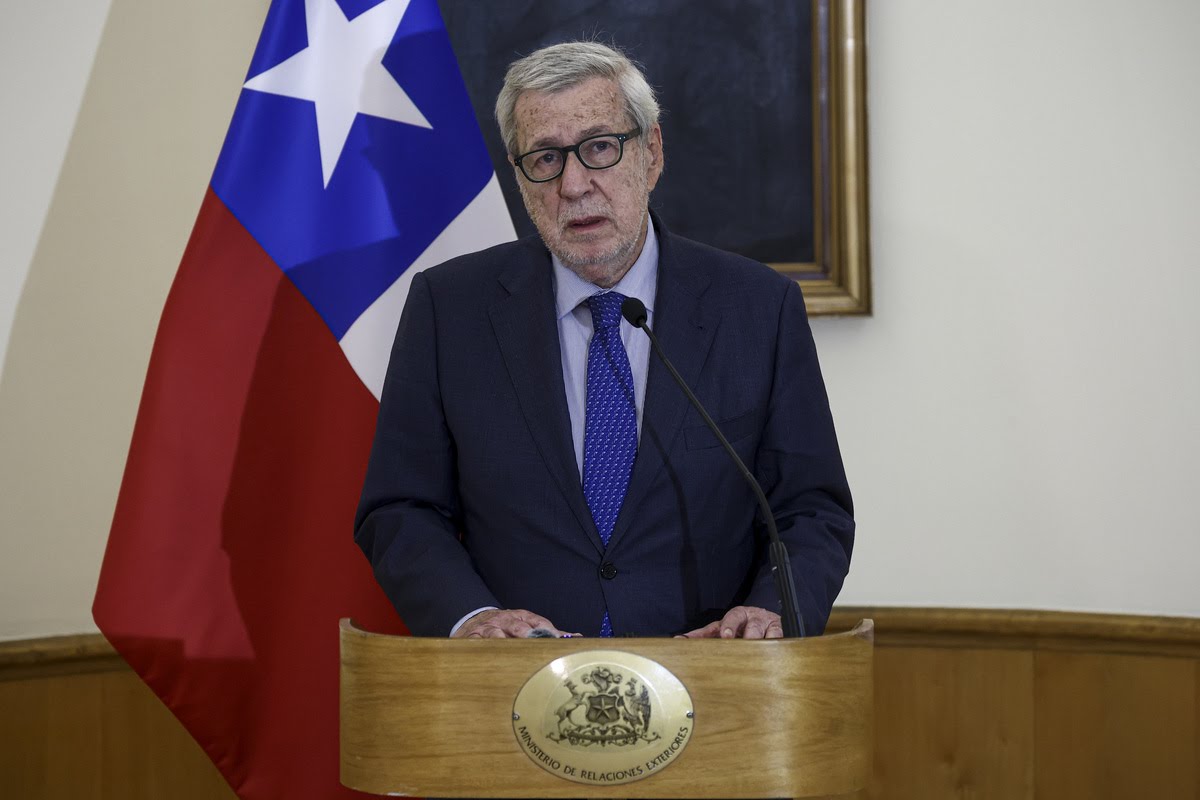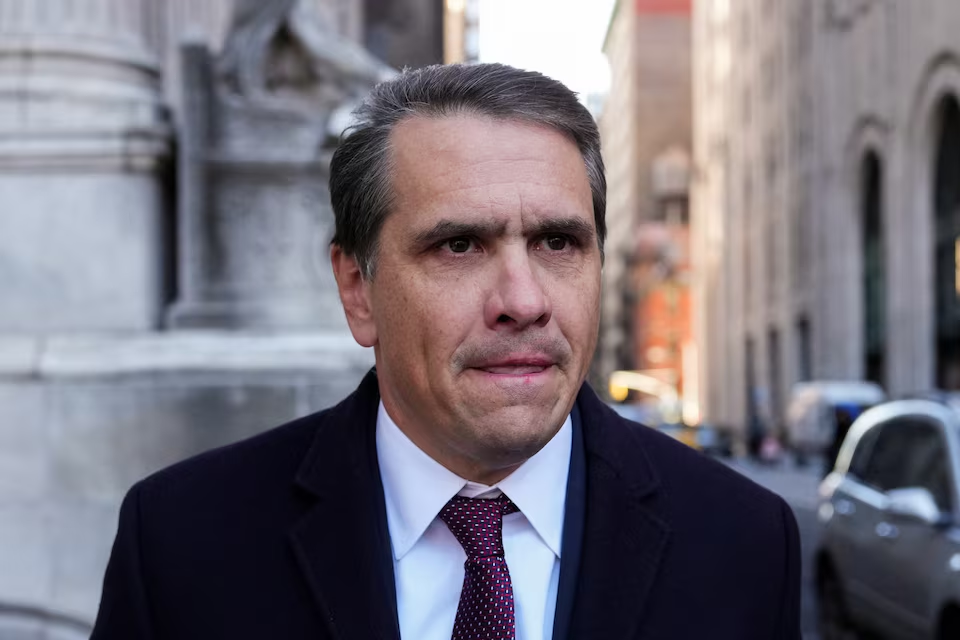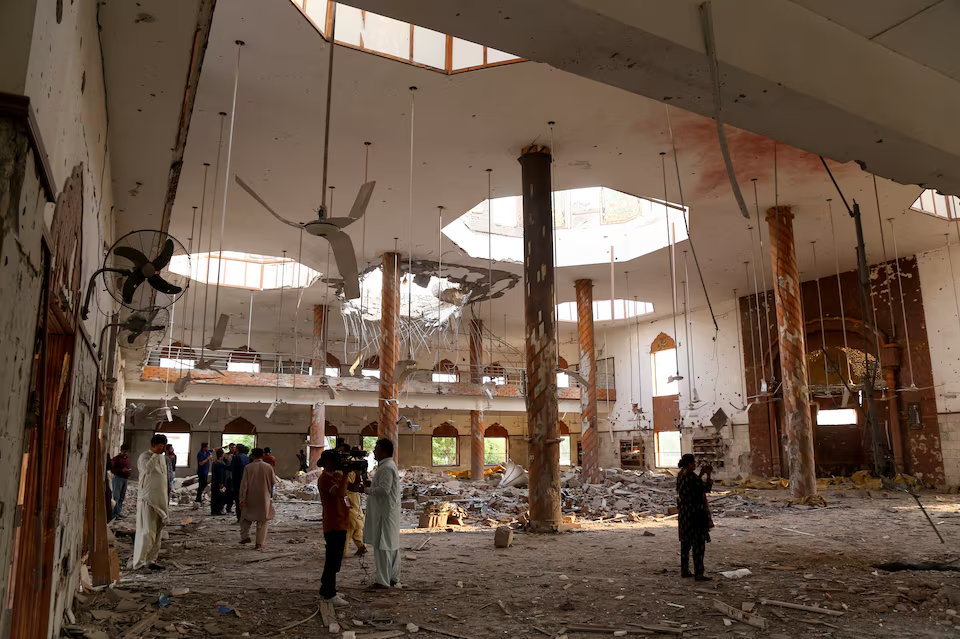Syria and Israel have reportedly engaged in direct talks for the first time in years, with discussions centered on border security and military de-escalation, according to sources familiar with the matter. The dialogue is seen as an attempt to prevent wider regional conflict amid ongoing violence in the Middle East.
The talks, conducted with Russian and UN involvement, occurred over the past week at an undisclosed location. They come at a time of heightened tensions along the Israeli-Syrian border, especially in the Golan Heights region, which has witnessed sporadic exchanges of fire in recent months.
Rare Communication Between Longtime Rivals
Israel and Syria do not have diplomatic relations and remain officially at war. However, backchannel communication has occasionally taken place through mediators. This recent engagement marks a rare instance of direct talks, which sources say were focused exclusively on security coordination rather than political normalization.
A regional security official confirmed that the discussions did not include wider peace negotiations or political concessions. Instead, they aimed to establish mutual understandings on avoiding accidental clashes and managing escalation along their contested frontier.
Concerns Over Iran’s Influence
One of the key issues discussed was the presence of Iranian-backed militias in Syria, which Israel views as a significant threat. Israeli officials have frequently targeted such forces through airstrikes, particularly near Damascus and in southern Syria.
Sources told Reuters that Israel has sought assurances from Syria that it will not allow further entrenchment of Iranian or Hezbollah forces near the Israeli border. Syrian officials reportedly emphasized their sovereignty and rejected any external military interference, but expressed willingness to improve security coordination to avoid miscalculations.
Role of Russia and the United Nations
Both Russia and the UN are said to have facilitated and observed the talks. Russia, a close ally of Syrian President Bashar al-Assad, has a military presence in Syria and maintains open lines of communication with Israel. The UN Disengagement Observer Force (UNDOF), which monitors the ceasefire line in the Golan Heights, also played a technical role in the coordination of the dialogue.
Observers suggest that Moscow is eager to stabilize the region and prevent further Israeli strikes that could undermine its own influence in Syria.
Diplomatic Implications
While the talks are limited in scope, analysts note that such dialogue—even on a non-political, security-focused level—could lay the groundwork for future negotiations. However, both countries remain deeply mistrustful of each other, and broader normalization is considered unlikely in the near term.
An Israeli military spokesperson declined to comment, while Syria’s foreign ministry did not respond to inquiries.
Regional Reactions
Reactions across the Middle East have been cautious. Some Arab governments view the talks as a pragmatic step to reduce tension, particularly as the region grapples with multiple conflicts involving state and non-state actors. Others, especially Iran-aligned groups, have expressed skepticism about any Israeli-Syrian dialogue.
For now, the reported meetings underscore a quiet, behind-the-scenes effort to contain regional volatility, even as official hostilities between Syria and Israel continue. Further discussions are expected depending on developments along the border and in broader regional diplomacy.
Source; Reuters



